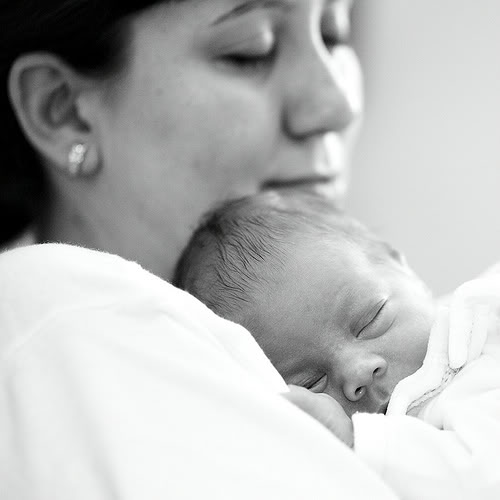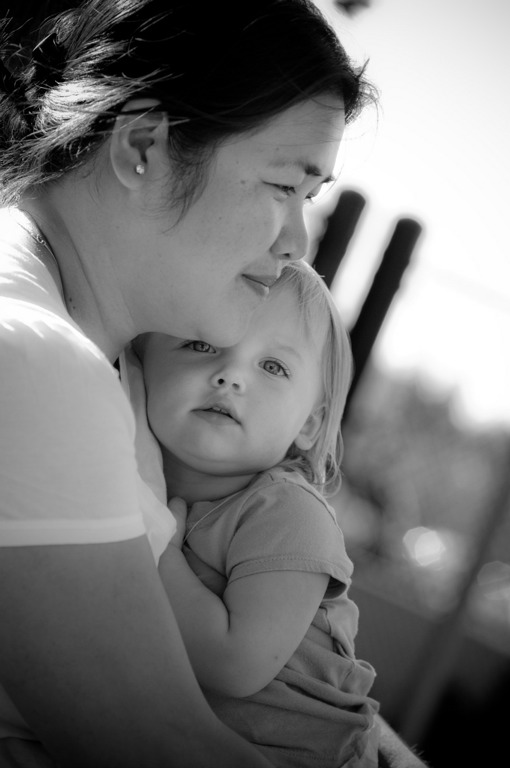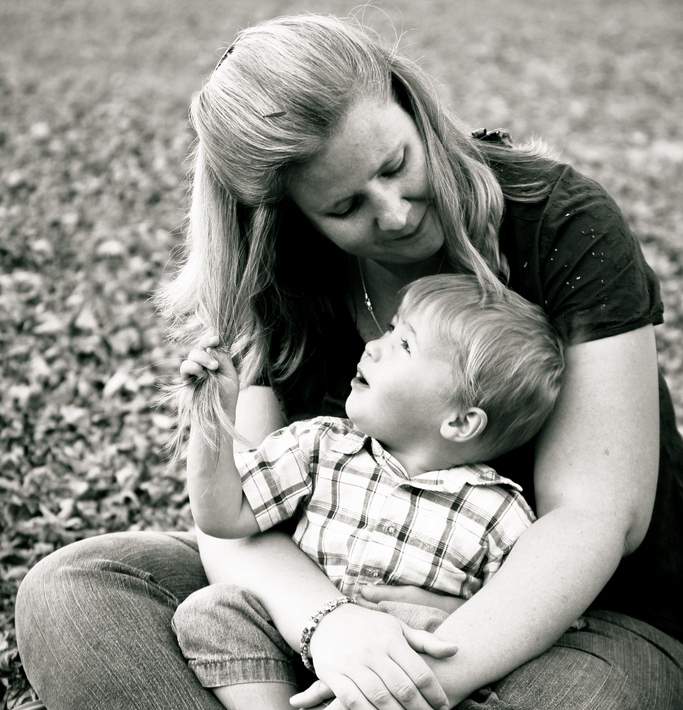


True Stories of Courage, Strength, and Charity
Motherhood is always a revolution, a before and after event unlike any other. Before the birth of a child, a woman is uniquely herself in one way. When she becomes a mother, her life is forever different. Eating, sleeping, and working will never feel the same. Simple decisions become complicated.
When a mom does her job well, her adult children achieve independence and leave home feeling strong, internally motivated by the knowledge their mother believed they were worth fighting for.
Revolutionary mothers alter the course of human history one life at a time, launching their grown-up children into the world with confidence and a few good stories to inspire from within.
Courage
Judy Smith was a labor and delivery nurse in a busy obstetrics ward, a 30-year-old mother with three daughters and a puppy. Her eldest child had just started kindergarten when Judy noticed her fingers were tingling. Intermittently, they were numb.
Three years and several doctors passed before Judy was finally diagnosed with multiple sclerosis. By then, she had 70% permanent sensation loss in both hands and feet. Sometimes she cried, at night after her daughters were asleep, afraid she would lose her mobility, terrified numbness and fatigue would prevent her from providing adequate care for her patients and her family.
Her daughters remember the fierce, raw determination Judy woke up with every morning. They also remember her parenting mantra: “Always do the best you can.”
Seven years after her diagnosis, Judy rode her ten-speed bike more than 200 miles across the width of Illinois, carrying her tent on the rack she had mounted over the back tire. Ten years later, she spent two summers hiking the southern terminus of the Appalachian Trail and through the Smoky Mountains, alongside two nurses she had delivered babies with for twenty years.
On one of her hiking trips, Judy’s eldest daughter and her new husband, Andy, agreed to pick the three women up at a trailhead, a narrow break in the trees at the foot of a Tennessee mountain. Andy and his wife arrived as scheduled, and waited for hours. Judy and her friends did not appear.
A National Park Ranger said the campsite Judy and her friends had reserved was posted: frequent bear activity; no camping. The ranger did not know where the hikers were, but he was confident they had not camped as planned. “He’s never met your mother,” Andy said, then headed back to the trailhead.
Twenty minutes later, Judy emerged from the trees with her friends, a bandana tied around her sweaty forehead. One of Judy’s friends was limping; she had developed a blister on the ball of her foot. They said they had read the danger signs, but camped as planned, tying their backpacks to the highest branches of the surrounding trees.
“The bears came last night,” one of the nurses reported, “your mother started banging our campfire cookware together. She scared them away.”
“Darn bears.” Judy smiled, “Apparently they didn’t know we had a reservation.”
Judy Smith has eleven grandchildren now. She retired and adopted a new puppy a year ago. Some of her continuing good health is lucky. Multiple Sclerosis is a random and arbitrary disease that cripples and kills strong women and men every year. Some of her good health has to do with her dauntless courage. For more than thirty years, she begins each day with the conviction that she will always do the best she can.
Strength
Anna Cornwall was forty years old when she gave birth to her only child, a daughter she named Sophia. Like her mother, Sophia was restless, intelligent, impatient, and strong. At home and at school, she threw tantrums of epic proportions. Sophia’s teacher struggled to get and sustain her attention. Her mom learned that some evenings it was best to leave Sophia with her dad, walk once around the block, returning home to try again to be a good mother to Sophia.
A few months after Sophia’s third birthday, Anna started training to hike with a Sherpa in the mountains of Tibet. The trip would take Anna away from home for a little less than a month. This she deeply regretted, but she had always dreamed of hiking in Tibet. “I’m not getting younger,” she said. “It’s now or never.”
Sophia’s grandmother and father lived with her while her mother hiked. Every member of the family remembers the weeks of separation and adventure with a peculiar fondness. Sophia and her family were as proud of Anna as they were happy to have her back.
Anna carried two Tibetan prayer wheels home; one she gave to Sophia’s teacher, one she kept. “You pray for me; I’ll pray for you,” she said. “We need all the help we can get.”
Charity
After teaching and doing humanitarian work in the United States, Asia, and Africa, Allison Lide had a conversation on an airplane that changed the course of her life. She said this brief, intense conversation and her experience working with children around the world convinced her Maria Montessori was right about education.
“Even when I taught physics,” she says, “seemingly the driest and most empirical of subjects, I have always seen the subject matter as a vehicle for personal exploration, a way for students to get to know themselves better.” Unlike many other modern philosophers of education, Maria Montessori understood that learning should be about character development, not about getting a job.
Inspired, Allison completed elementary Montessori training in Bergamo, Italy in 2004. Working alongside her partner, Mostafa, Allison returned to Afghanistan and established a Montessori orphanage. She said they knew these children had suffered greatly and needed a school. She also believed they also desperately needed a chance “to become stronger within themselves.” A good Montessori education could give the orphans of Afghanistan the strength they would need to survive in their war-torn world.
A decade later The House of Flowers “remains an oasis of peace in the midst of chaos.” This year one of the first children who came to live at the House of Flowers with her two sisters was accepted to college. Allison’s willingness to dedicate her life to service and her mind to Montessori’s philosophy of education brightened a corner of the world that was for a handful of children lonely and dark.
Allison and Mostafa now travel back and forth between the United States and Asia, raising money for the House of Flowers, and sharing the Montessori philosophy with teachers around the world.
Their work is funded entirely by private donations and can be admired through The House of Flowers website.